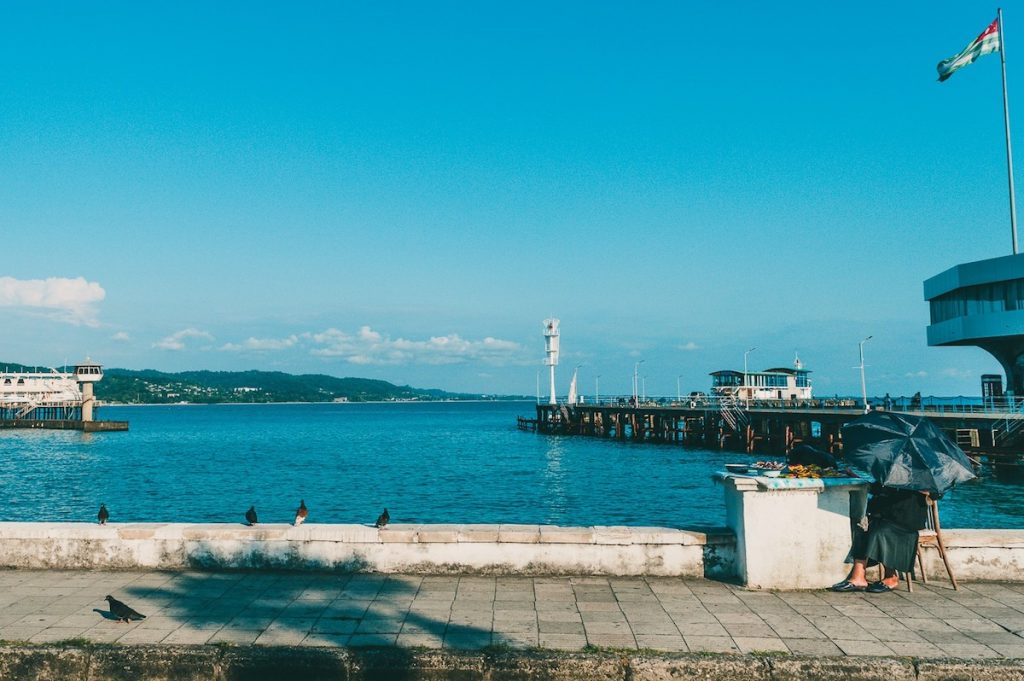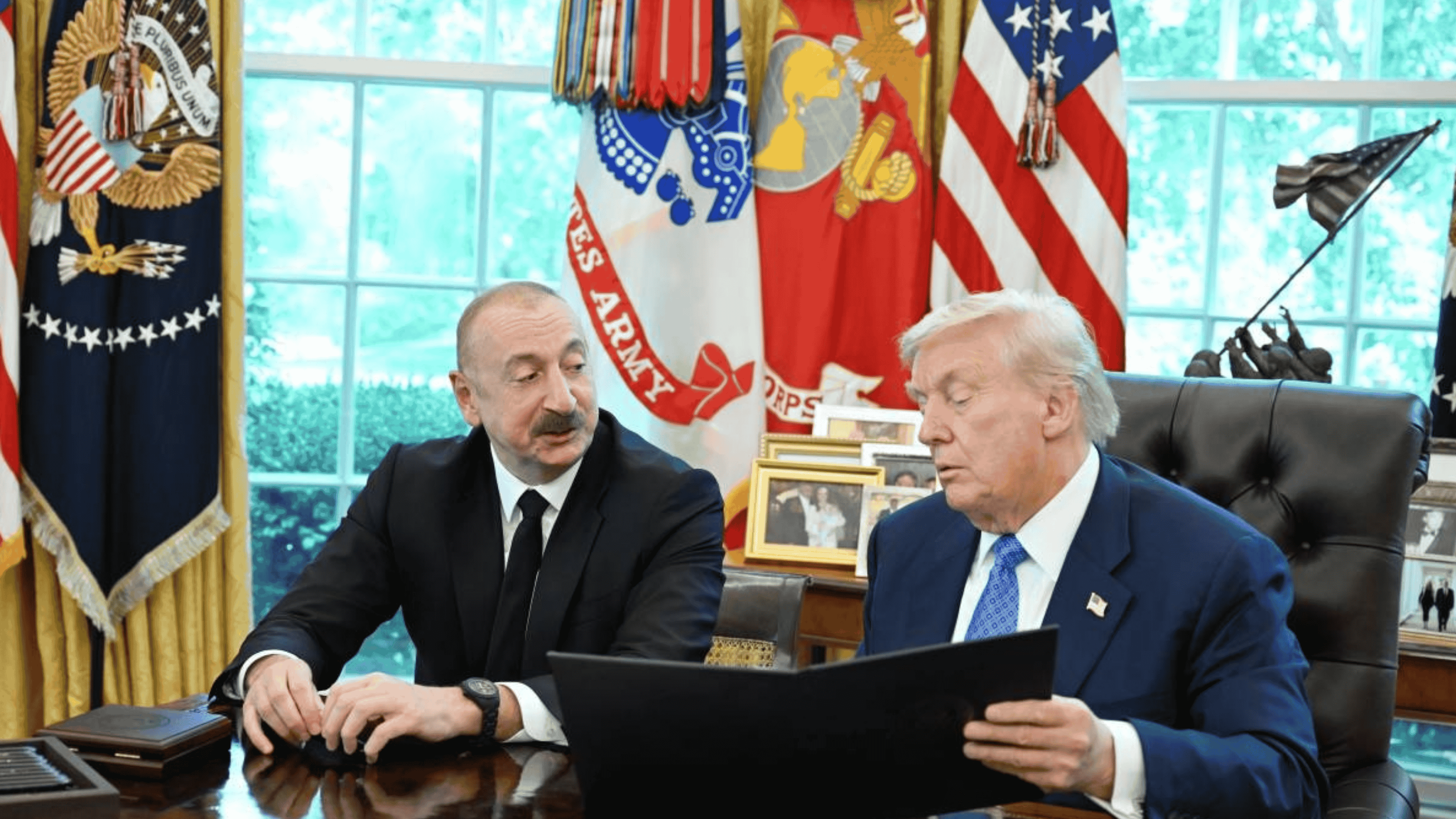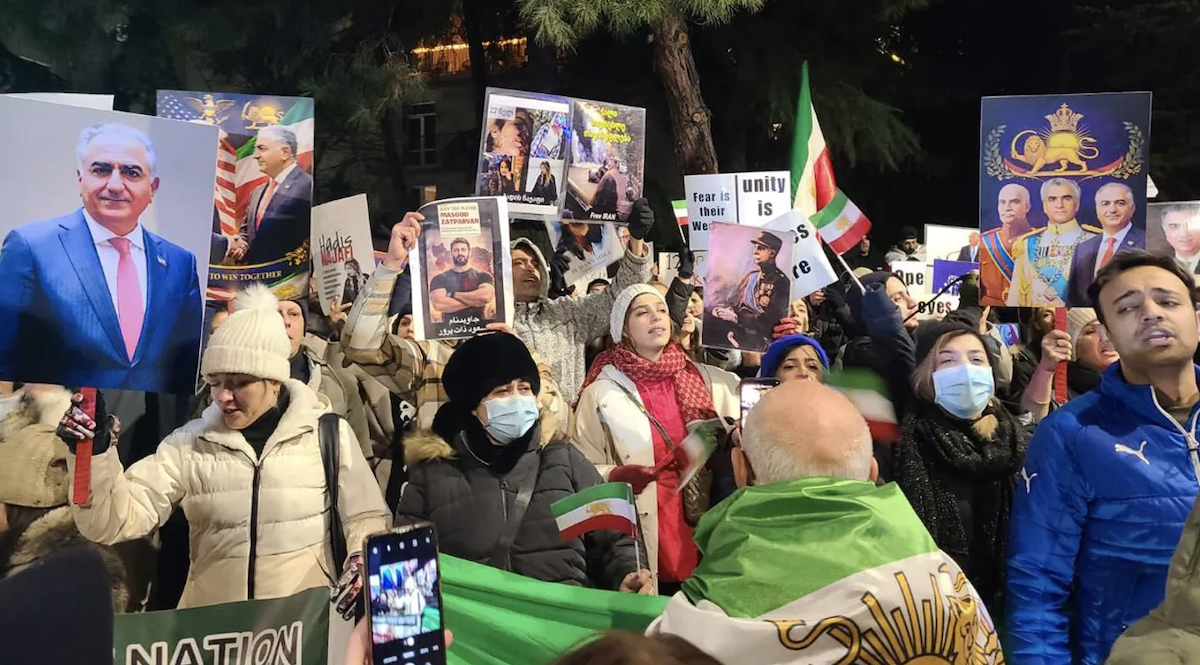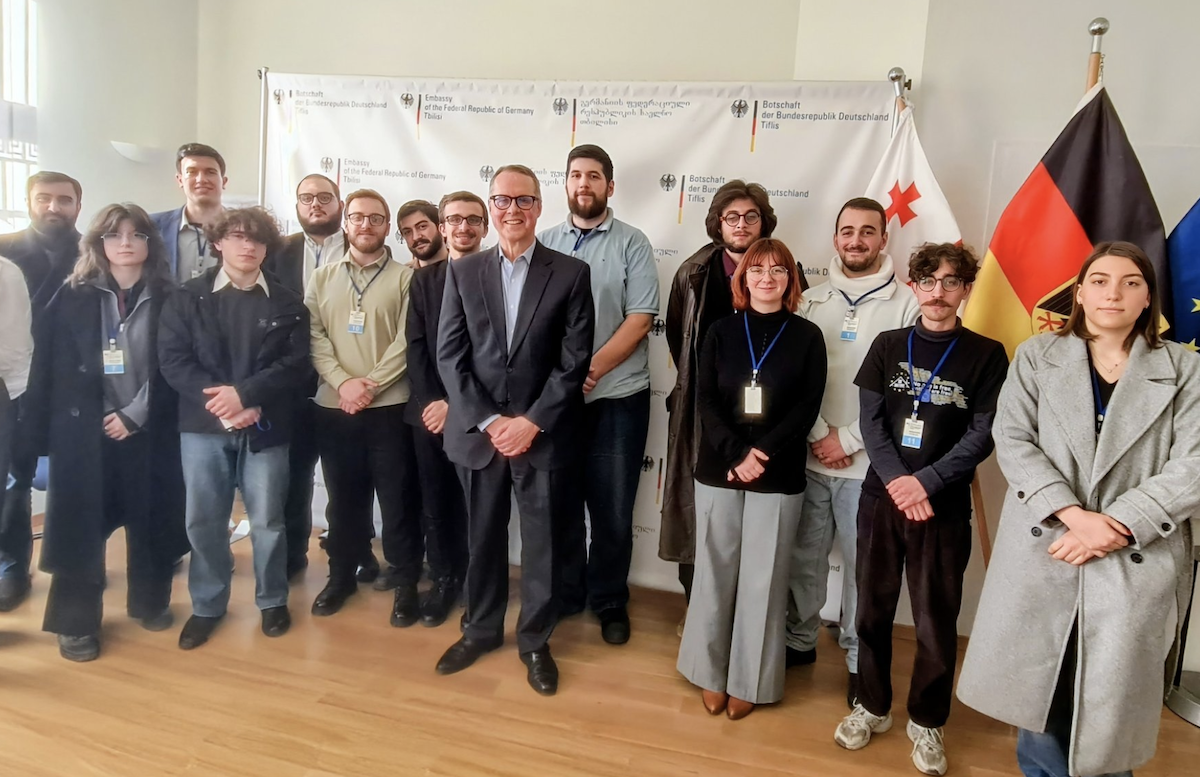Abkhaz parliament announces amnesty – MIA, portion of the public are strongly against it
The Parliament of Abkhazia announced an amnesty for convicts timed to coincide with the 27th anniversary of the victory in the Georgian-Abkhaz war.
The decision caused outcry and harsh criticism. The reason is the vague criteria of who exactly the amnesty affects. According to many, this gives an opportunity for those convicted of grave crimes, including murder, to be released soon.
What’s wrong with the amnesty bill?
“This amnesty is significantly different from the one announced in 2018. It stipulated that amnesty is not assumed in any form when murder and other serious crimes are committed,” explains Said Gezerdava, lawyer of the Center for Humanitarian Programs.
According to him, the new amnesty does not specify any restriction for recidivists – that is, those who have repeatedly committed a crime. This means that such convicts can also apply for release.
•Op-Ed: Crisis in Abkhazia unavoidable. How the authorities deal with it is vital
•How we got ‘criminal Abkhazia’ instead of the dream of a wonderful, small country
•How did Abkhazian resorts scare away Russian tourists?
In addition, Gezerdava believes that the MPs, by their resolution, have arbitrarily formulated the circle of persons subject to pardon. In particular, this includes reservists – participants in the operation to liberate the Kodori Gorge in 2008, “and this despite the fact that there is no regulatory framework that would take into account this category of reservists of the armed forces.”
Dissatisfaction with the amnesty was expressed in a special statement by the Ministry of Internal Affairs of the republic. As noted in the department, some provisions of the parliamentary decree contradict the principle of inevitability of punishment. Thus, for certain categories of felons, in particular veterans and the disabled, the unserved part of the punishment is reduced in half.
“Taking into account the time limits used in Abkhazia for calculating the serving of the sentence, unprecedented consequences are possible when persons sentenced to long terms of imprisonment can be released in a short time. This fact contradicts the interests of the injured party and causes confusion among the society and the law enforcement system as a whole,” the Interior Ministry said.
The law enforcement agency believes that “the enforcement of certain parts of the amnesty law may discredit the law enforcement and judicial systems and lead to further distrust of the state as a whole.”
Even the Ombudsman criticized the decision of the parliament.
“If the parliament, on the one hand, toughens sanctions, inter alia for drug trafficking, and on the other, it decides to easily release people for felonies and particularly serious crimes, then this is very depressing,” Asida Shakryl said.

Answer to critics – go to court
Parliamentarians say that despite the serious criticism of the amnesty, they believe that there is no reason for such outcry.
This document does not differ much from previous amnesty decisions, and no more than 50 people will be released under it, said the head of the parliamentary committee on legislation Valery Agrba at a specially convened press conference.
“I have seen the statements of some lawyers and public figures who believe that the parliament has violated the law and the constitution … Those who think so, let them send a request to the court. Let the court decide. If we are really wrong, the parliament will obey the court’s decision,” Agrba said.
Opinion: what is behind this “act of humanism”

Inal Khashig,
JAMnews editor in Abkhazia
When a murderer and rapist has his sentence reduced in time to such parameters, as if he simply robbed a stall, and almost two-thirds of the deputy corps vote for this document – naturally, you begin to think that such decision-makers are actually socially close to those who are being amnestied.
In an attempt to explain themselves, they say do not look for pitfalls; that the parliamentary resolution is a pure “act of humanism”.
It is clear that they do not make such a decision out of worry for the fate of a petty thief who stole a tourist’s phone on the beach. This displayed worry about “small fry” that have just lost the way is just a cover that allows the real aces to free.
We are constantly looking for what is wrong in our state. While competing with each other in eloquence, politicians incessantly talk about some kind of reforms that should improve the lives of ordinary citizens. Officials “swear by their mothers” that they live exclusively on their wages. In a patriotic frenzy, public figures beat off their breasts with their fists, proving that they devote themselves fully to the cause of serving the Motherland.
Meanwhile, we live worse and worse. The belief we had twenty years ago that we, the Abkhaz, will build a modern state in which all its citizens would like to live happily, is long gone.
I don’t count makers of destinies here, they have lived in communism long since. I’m talking about ordinary people, including those whose relatives were killed, raped or maimed by criminals who are now being released with the parliament’s “act of humanism”.
In my opinion, documents of this kind arise when the public interest, much like a sacrificial ram, is slaughtered for the sake of the interests of individuals and groups.
This has been happening to us for a long time, not just now. And it will go on until we change our attitude diametrically.
That would be the most important and effective reform, and even, if I may, an “act of humanism” that can really change the life of the Abkhaz state for the better, i.e. make public interest a fulcrum for any decisions.
________________________________________
Toponyms, terminology, views and opinions expressed in the article do not necessarily reflect the views and opinions of JAMnews or any employees thereof. JAMnews reserves the right to delete comments it considers to be offensive, inflammatory, threatening, or otherwise unacceptable


















